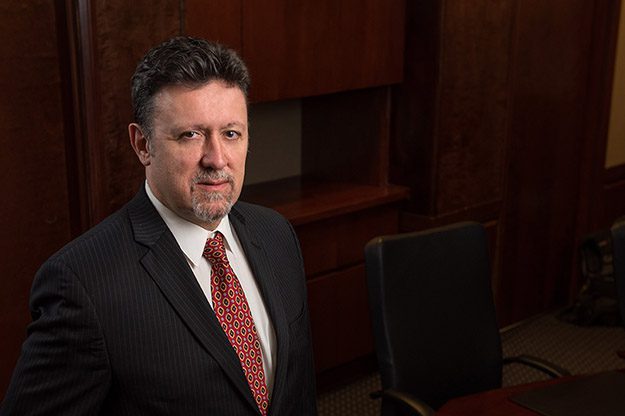Article
Resources
Article
The 2019 West Virginia Legislature: VETO AND OTHER UPDATES - Issue 12
The 2019 regular session of the West Virginia Legislature concluded on March 9. During the 60-day session, a total of 1,823 bills were introduced, with only 294 completing the process and actually being presented to Governor Jim Justice.
By the midnight deadline on March 27, Governor Justice vetoed 30 bills, let one become law without his signature, and approved the rest. Two of the bills vetoed were for technical reasons and occurred early enough in the session that the Legislature could correct the flaws and get them back to the Governor for approval. The majority of the other bills vetoed were struck down for technical drafting errors, though two of those vetoed for policy reasons were bills discussed in our weekly summary. Similarly, we previously reported on (and predicted) the one bill that became law without his signature. Finally, unless otherwise noted, all approved bills are effective 90 days from passage.
SB 487
This bill provides that in a medical professional liability action alleging inappropriate staffing or supervision, a provider is accorded a conclusive presumption that the staffing level of a particular unit is appropriate upon proof of compliance with applicable state or federal laws. Governor Justice vetoed the bill, writing it is as poor public policy to presume that mere compliance with statutory minimum staffing levels ensures adequate and competent care for the elderly or infirm. Moreover, the Governor noted that compliance with the lower state staffing requirements would lead to dismissal of cases where the facility failed to meet the higher federal staffing requirements. The Governor concluded with the admonishment that caring for West Virginia's vulnerable elderly population is of the utmost importance and requires better.
HB 2079
Another bill vetoed by Governor Justice may contribute to a delay in the implementation of the West Virginia Medical Cannabis Act of 2017--purported to encourage investment in the medical cannabis infrastructure by increasing the number of permits allowed for growers, processers, and dispensaries while also removing limitations on the vertical integration of those entities. Among other things, the bill also imposed excise taxes on growers, processors, and dispensaries of medical cannabis that favored such wholly vertically integrated businesses. In his veto message, Governor Justice acknowledged the Legislature had the authority to classify different businesses and to tax them differently, but such classifications had to be reasonable, based on pertinent and real differences, and have as its object a purpose that is germane to the enabling legislation. In applying this test to HB 2079, he found it impossible to justify the classifications made in the bill. The veto message did conclude with a statement of support for medical cannabis and encouragement to the Legislature to take up the legislation in the next session and correct the constitutional defects he identified.
HB 2934
In West Virginia, there is no pocket veto as in the federal system. If a governor refuses to approve a bill, it becomes law without his signature. As we predicted, Governor Justice did not sign HB 2934, which permits the state’s four licensed racetracks and the Greenbrier Resort to offer interactive wagering games online. Since Governor Justice owns the Greenbrier Resort, he permitted this bill to become law without his signature, as he did last year with the West Virginia Lottery Sports Wagering Act of 2018.
HB 2476
Finally, with apologies to our readers, and a thank you to an eagle-eyed legislative attorney, we re-submit a corrected and updated description of HB 2476. The Legislature enacted and the Governor approved this bill, which requires that the settlement value for a motor vehicle total loss claim must now also include the 6 percent consumer sales tax. This bill permits uniformity in taxation following the repeal of the 5 percent excise tax on vehicles. The new law is effective as of June 2, 2019.
If you have any questions about this year's legislative session, please contact us.


